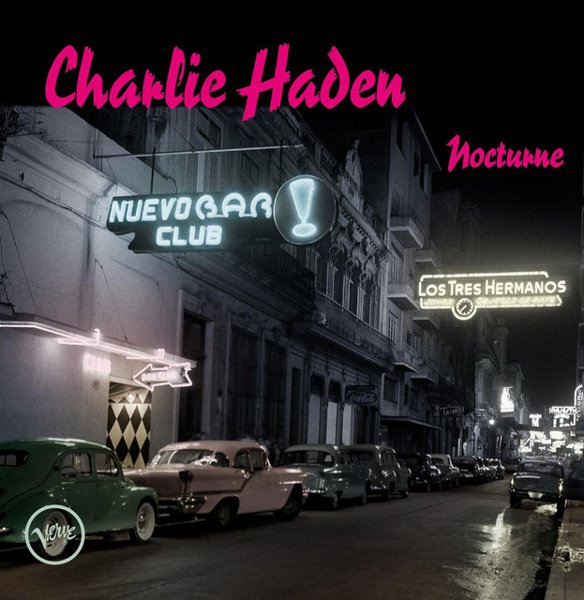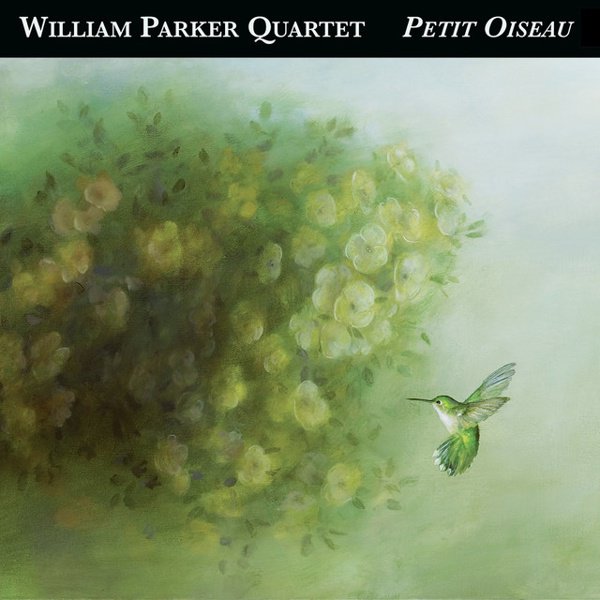![Alfie [Original Music from the Score] cover](https://images.theshfl.com/5903249758486528_600.jpg)
Recommended by
Alfie [Original Music from the Score]
Lewis Gilbert’s 1966 comedy vehicle about a self-absorbed lothario might’ve given Michael Caine one of his most definitive early roles, but it’s also noteworthy for capturing saxophone colossus Sonny Rollins at the tail end of one of his most revolutionary periods as a bandleader. Alfie was recorded months before the East Broadway Run Down sessions that feinted towards a new free jazz direction for Rollins — a direction that his subsequent six-year hiatus left unresolved — so this more centered and accessible yet still subtly provocative session was a strange outlier in his career on multiple fronts. While the original soundtrack was centered around a group of British musicians, Rollins’ Oliver Nelson-conducted ensemble here assembles a more post-bop-savvy group of American jazz players who put the film’s Bacharach-David sentiment on the back burner in favor of some arrestingly restless journeys. The choice diptych here is “Alfie’s Theme” — a suspiciously easygoing jaunt cut through with solos that toy along the margins of chaos and tumult, especially Kenny Burrell’s bluesy guitar fusillades and Roger Kellaway’s fluttering, tumbling piano, not to mention Rollins’ own bemusedly cascading tenor — and “Alfie’s Theme Differently,” which reiterates that buoyancy with a Rollins solo that cuts even deeper to the quick. “Street Runner With Child” is its own exercise in tweaking pace and momentum: Rollins’ soloing sprints madly through uptempo running-not-walking bass, pauses for a piano-driven reverie, then breaks back into fifth gear before that reverie resurfaces as a sly counterpoint to Sonny’s hyperventilating swings between melodic accessibility and progressive abstraction. But that kind of controlled-explosion energy also lends nuance to two of the soundtrack’s more presumably relaxed moments, the introspective, sorrowful “He’s Younger Than You Are” and the slow-burn waltz-gone-wandering “On Impulse,” where his playing explores the boundaries of intensity without overwhelming the subtler emotional breadth of his framework.

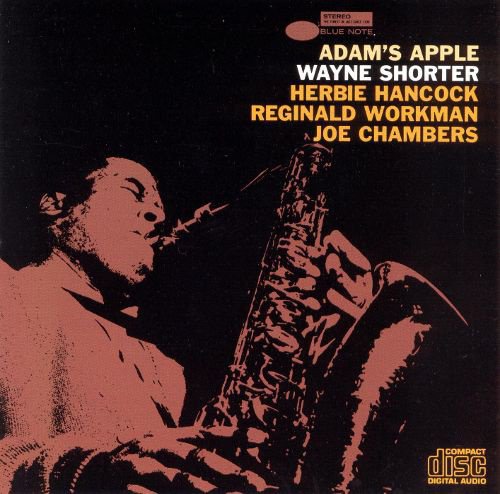
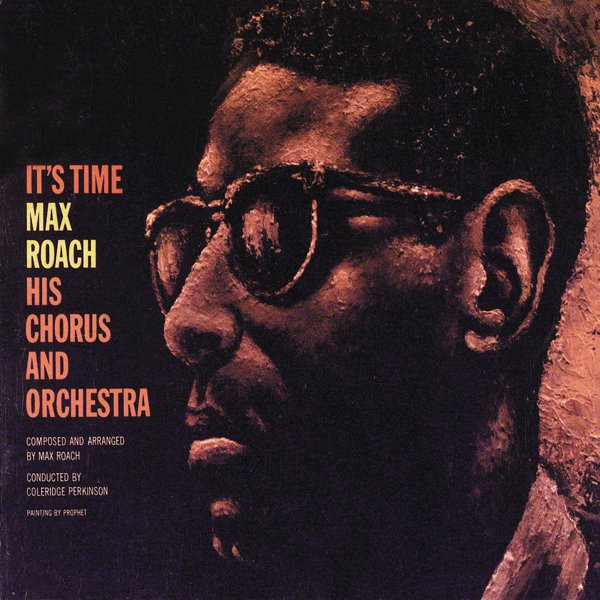
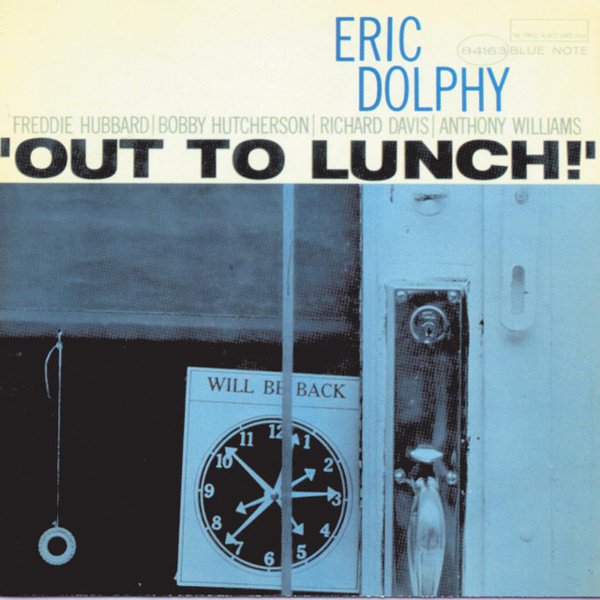
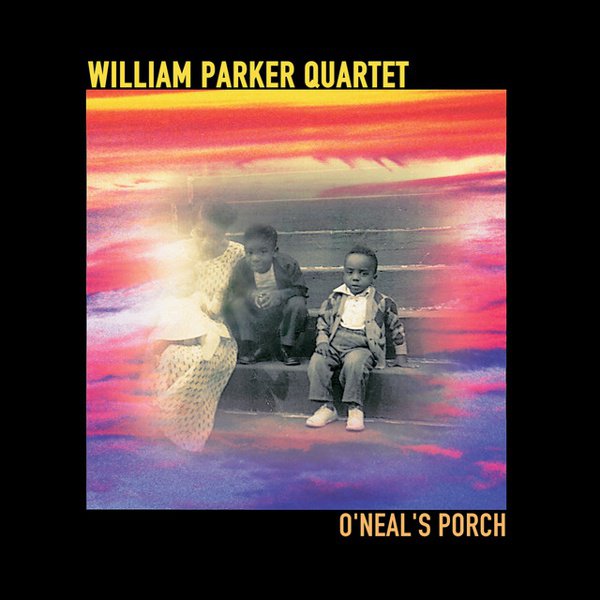
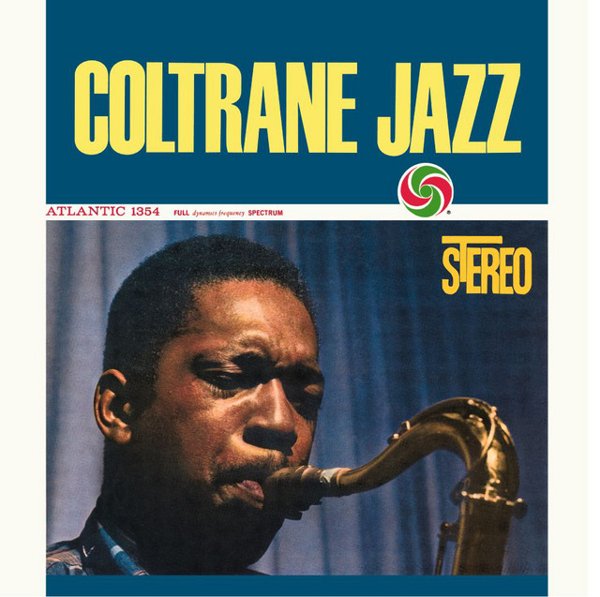
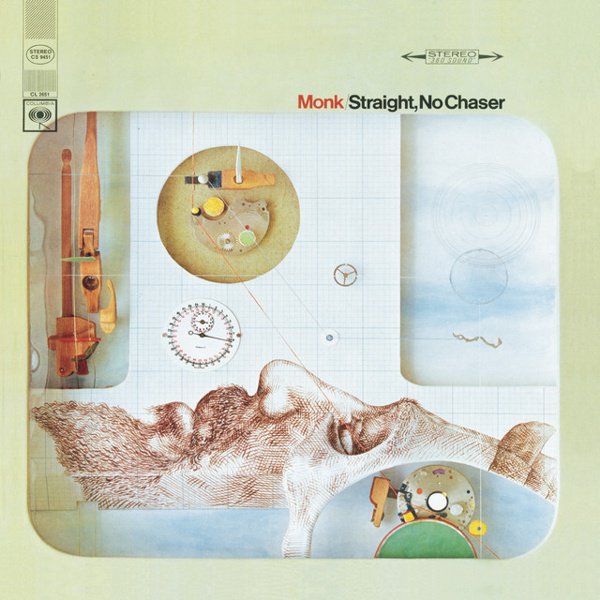
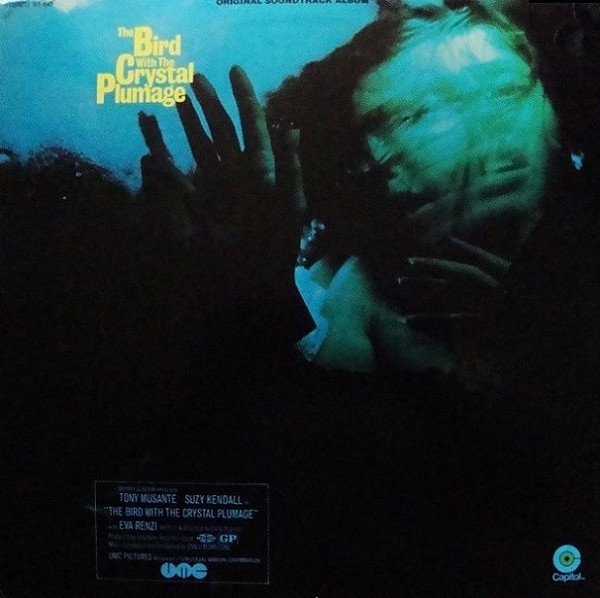
![The Assassination of Jesse James by the Coward Robert Ford [Original Motion Picture Soundtrack] cover](https://images.theshfl.com/4784178960793600_600.jpg)
![Coffy [Original Soundtrack] cover](https://images.theshfl.com/5713266649071616_600.jpg)
